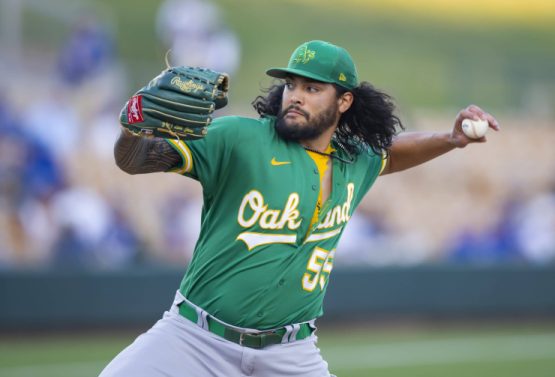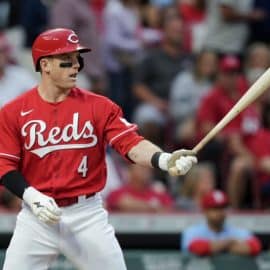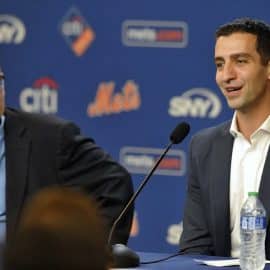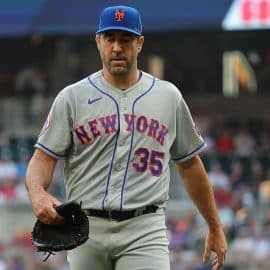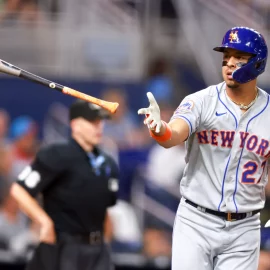The New York Mets haven’t won consecutive games in a calendar month, an incredible achievement for a team that started the season with victories in 11 of their first 12 games. During the team’s initial hot streak, first year manager Mickey Callaway seemed to make all the right moves, making bullpen calls, pinch hitting decisions, and lineup calls with conviction as everything worked out. Callaway has had a rough month since then, and his adjustment to the National League game may have cost the Mets some victories along the way.
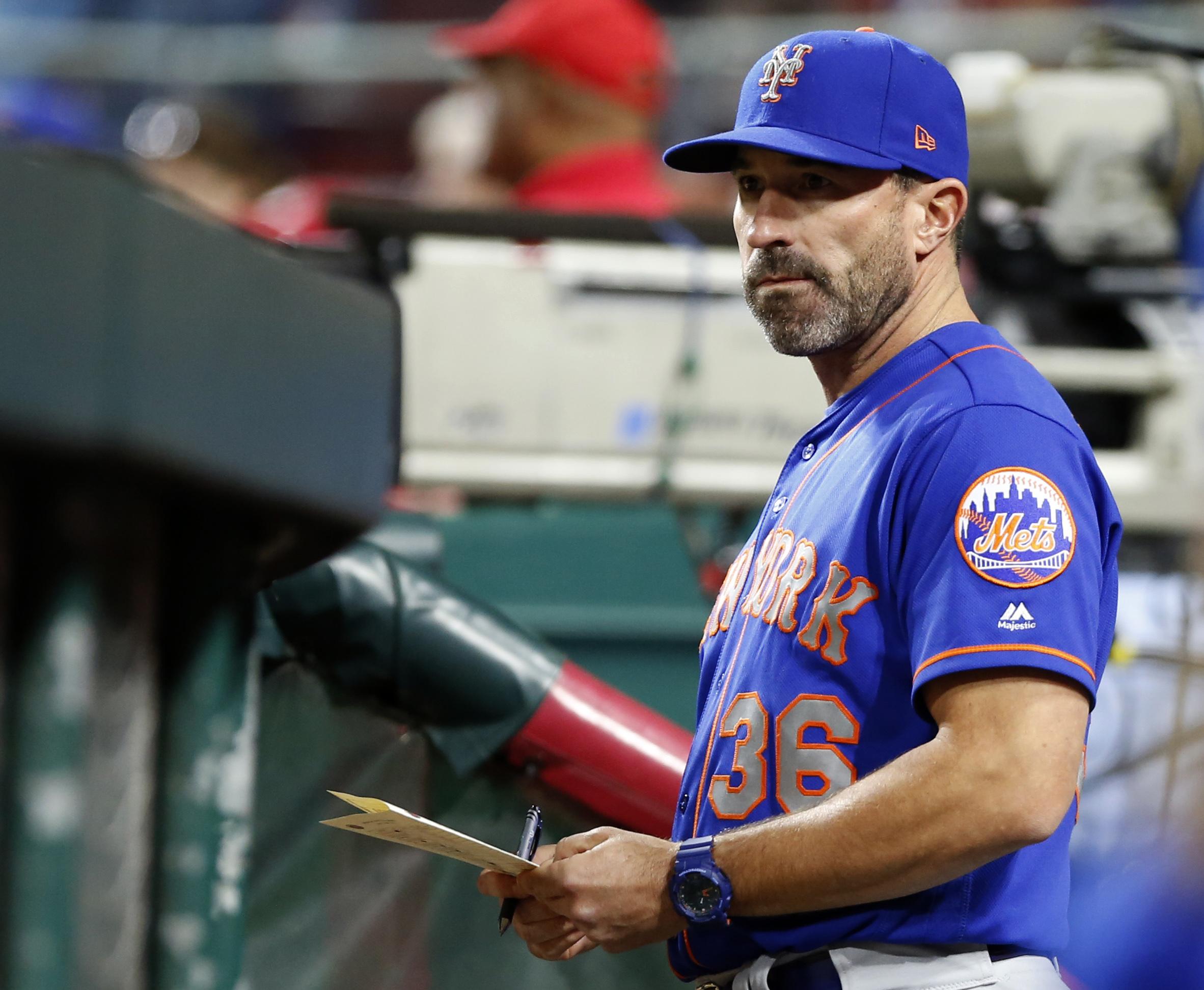
The latest example came in today’s loss to the Philadelphia Phillies. With Jacob deGrom lasting only one inning in his return from the disabled list due to an elevated pitch count, the Mets needed it to be a bullpen day. Robert Gsellman gave the Mets three scoreless innings, and Paul Sewald got through the fifth cleanly before running into trouble in the sixth. The Phillies got two men on with two outs, so Gabe Kapler sent up lefty Nick Williams to pinch hit. Jerry Blevins was warming up in the bullpen, and while he has struggled against lefties this year (southpaws are batting .273 against Blevins) this was a good spot to bring out the lefty specialist. Callaway stuck with Sewald, who had tossed nearly 40 pitches at that point, and Sewald rewarded his skippers’ faith by serving up a three run homer that would prove to be the winning runs for Philadelphia.
This is not an isolated incident, as Callaway has also had a tough time managing his roster late in games. Last Sunday against the Colorado Rockies, Wilmer Flores picked up a one out single, so Callaway decided to pinch run for the slow footed Flores with Jose Reyes. Ordinarily, this would be a fine strategy, but the Mets had a short bench with Yoenis Cespedes being forced to leave the game after the second inning. Adrian Gonzalez delivered a single later in the frame pinch hitting for Jose Lobaton, leaving only Tomas Nido available to bat for the pitcher. Nido struck out to end the game, a move that could have been avoided if Callaway used a spare pitcher like Zack Wheeler to run for Flores. Reyes may not have gotten a hit in that spot, but he would have had a better opportunity to succeed than Nido did.
Callaway has also demonstrated questionable bullpen judgment, like letting Hansel Robles near close games multiple times only to have the volatile reliever serve up back breaking homers. During spring training, Callaway made a big point of discussing how it was his job to put players in positions to succeed and how he would be using stats to help him with that task. Callaway hasn’t been successful in that regard for the past few weeks, and the Mets have gone 8-17 since their brilliant start, falling from first place to fourth in the span of a month.
The Mets’ poor play isn’t all Callaway’s fault. Callaway can’t go up and execute on offense or make the proper pitches, but he does have responsibility for some of the little things that can shift the odds of a win or loss in any given game. The lineup card snafu on Wednesday was particularly egregious, but it was just the tip of the iceberg for Callaway, who is clearly learning about the difference between managing in the American League and the National League. Callaway, along with bench coach Gary DiSarcina, both spent a long time in the A.L. before transitioning to the N.L. with the Mets.
This isn’t to say that Callaway can’t become a successful manager. Callaway has already demonstrated positive qualities, such as demanding accountability in terms of performance from his players, that lead you to believe he will be a good skipper in time. The problem is that while Callaway learns the nuances of N.L. baseball, like the double switch or managing the pitching staff when the pitcher’s spot is coming up in the next inning, he will make more mistakes. With how thin the margin of error is for the Mets right now, those mistakes will cost them games until they can snap out of the collective haze that has set in over Citi Field since mid-April.
Add The Sports Daily to your Google News Feed!

